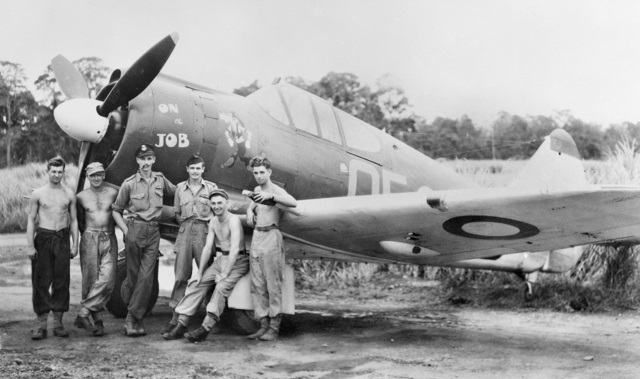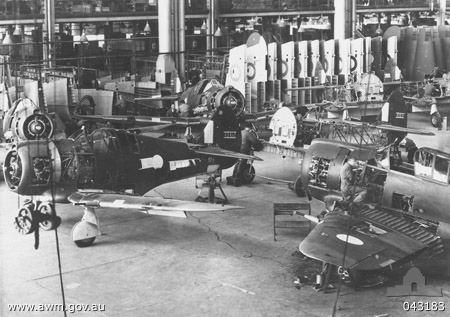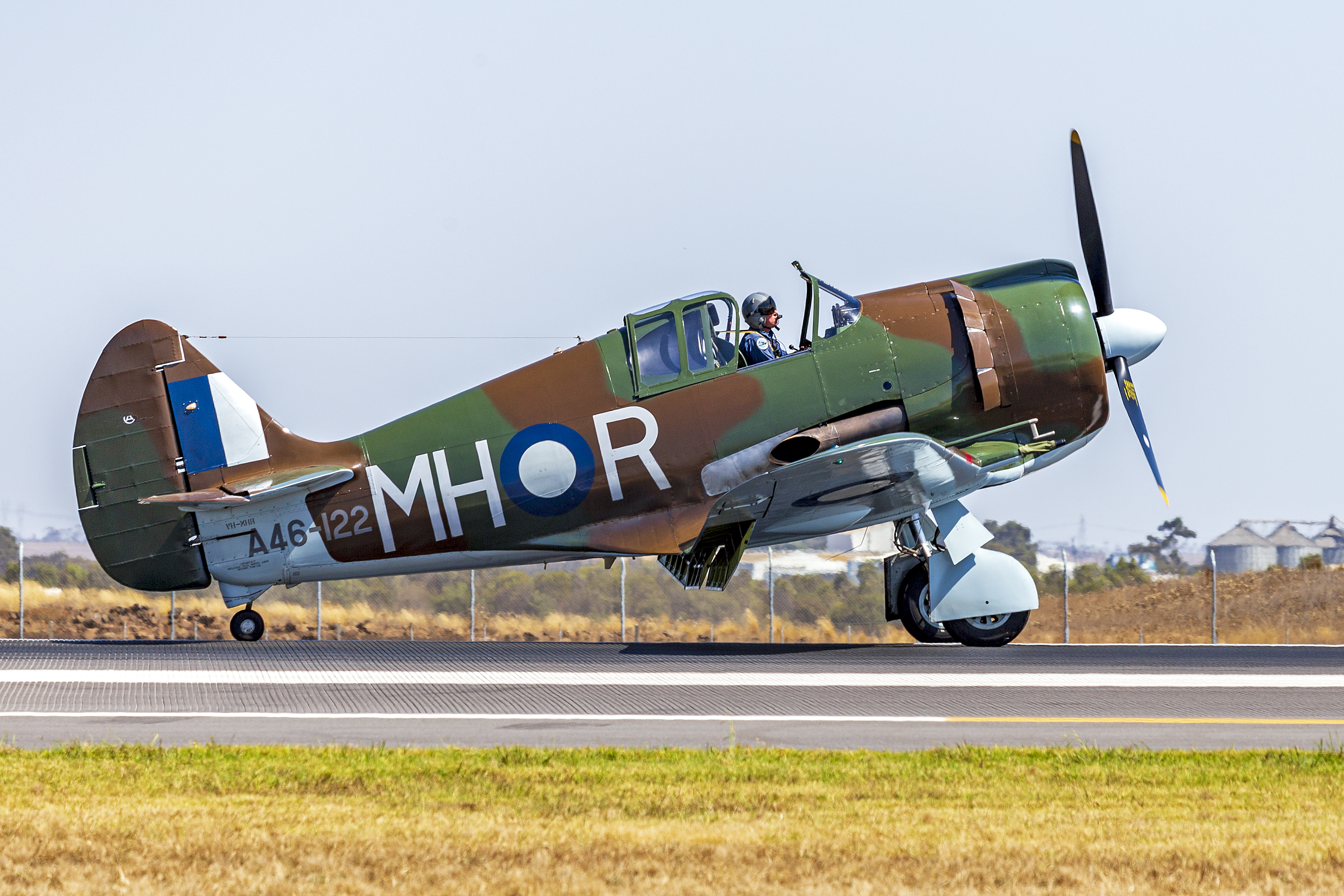CAC Boomerang (Fighter plane)
Enlarge text Shrink text- Work cat.: Franks, R.A. The CAC Boomerang, a detailed guide to the RAAF's famous WWII fighter, 2013.
- Wikipedia, Oct. 28, 2013(The CAC Boomerang was a World War II fighter aircraft designed and manufactured in Australia between 1942 and 1945; the Commonwealth Aircraft Corporation produced Boomerangs under the production contract numbers CA-12, CA-13, CA-14 and CA-19, with aircraft supplied under each subsequent contract incorporating modifications and improvements; the Boomerang is significant as the first combat aircraft designed and built in Australia)
- Virtual Aircraft Museum website, Oct. 28, 2013:Aircraft Directory, Australia (Commonwealth CA-12, CA-13, CA-14, CA-19 Boomerang, 1942)
The CAC Boomerang is a fighter aircraft designed and manufactured in Australia by the Commonwealth Aircraft Corporation between 1942 and 1945. Approved for production shortly following the Empire of Japan's entry into the Second World War, the Boomerang was rapidly designed as to meet the urgent demands for fighter aircraft to equip the Royal Australian Air Force (RAAF). It was the first combat aircraft designed and constructed in Australia. Different variants of the Boomerang were manufactured under a series of corresponding production contract numbers CA-12, CA-13, CA-14 and CA-19, the aircraft supplied under each subsequent contract would incorporate various modifications, typically aimed at improving the aircraft's performance. The Boomerang was handicapped by the available engine variant, which gave low power at altitude and resulted in the aircraft proving to be slower than contemporary fighter aircraft. The Boomerang rarely engaged in aerial combat. During early wartime operations, the Boomerang was mainly dispatched to equip home-based squadrons, freeing up other fighters for use overseas. In later service, the Boomerang would commonly be used for ground support duties, cooperating with Allied army units, in addition to secondary roles such as aerial reconnaissance and air sea rescue.
Read more on Wikipedia >
 Topic
Topic


.jpg)











